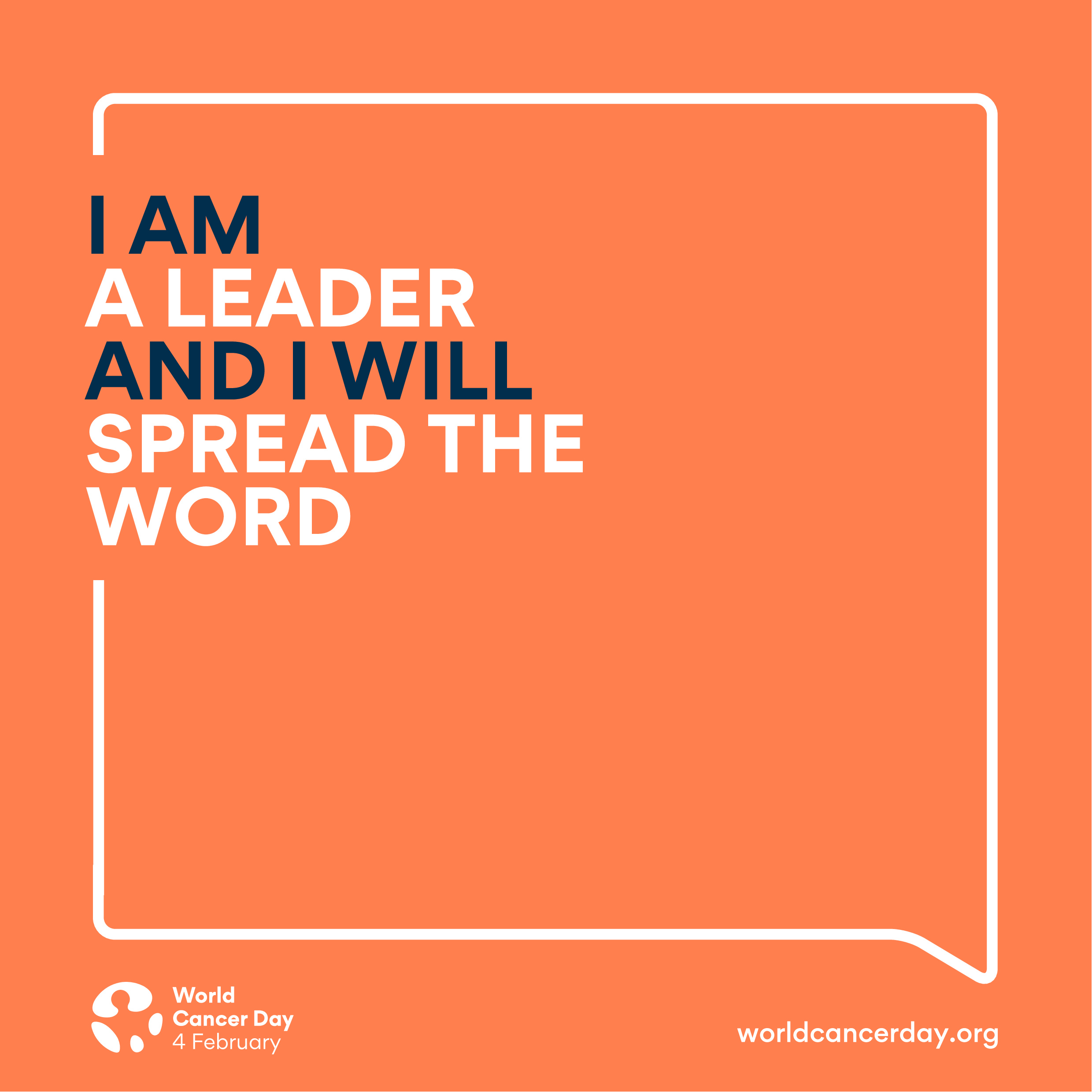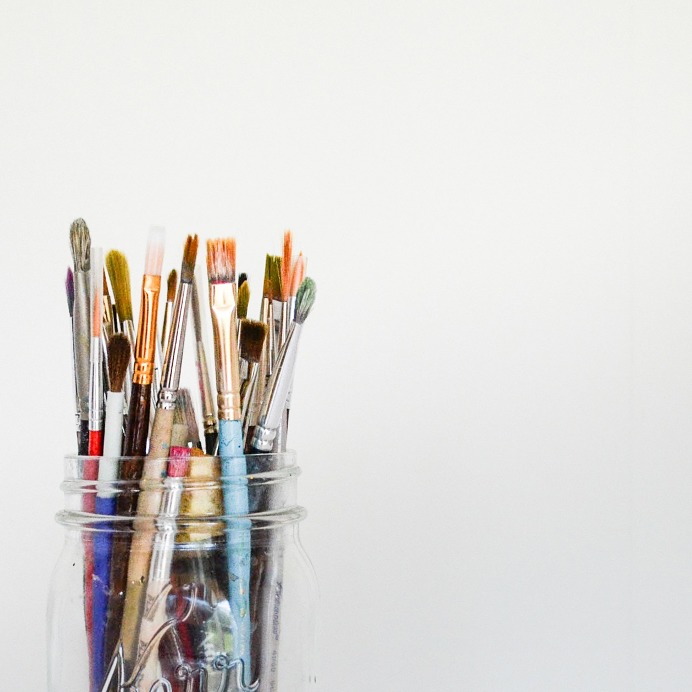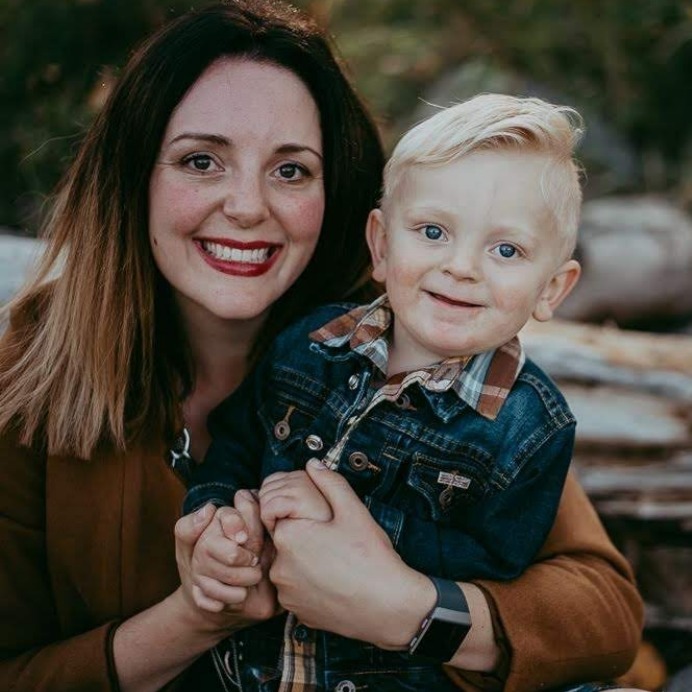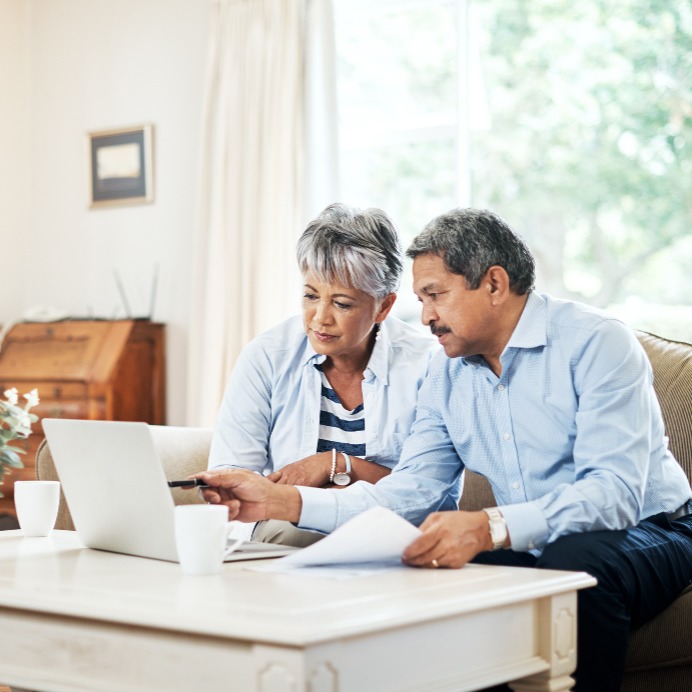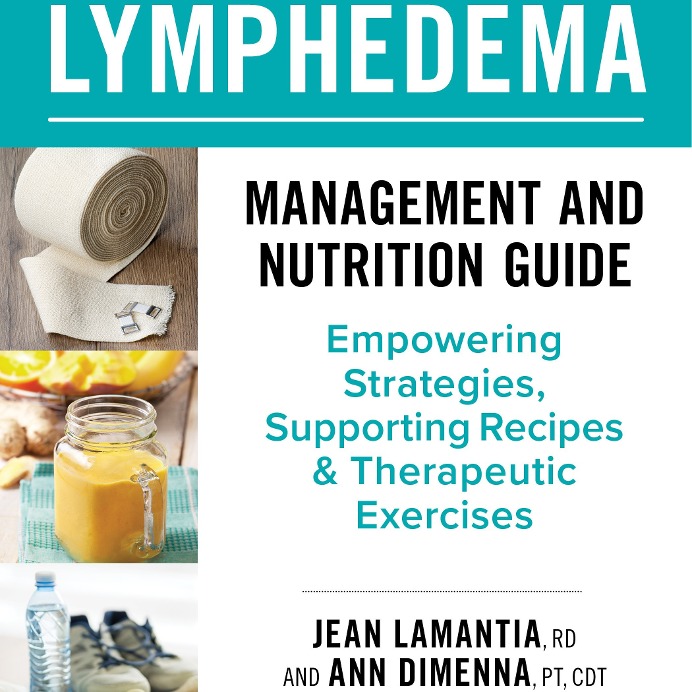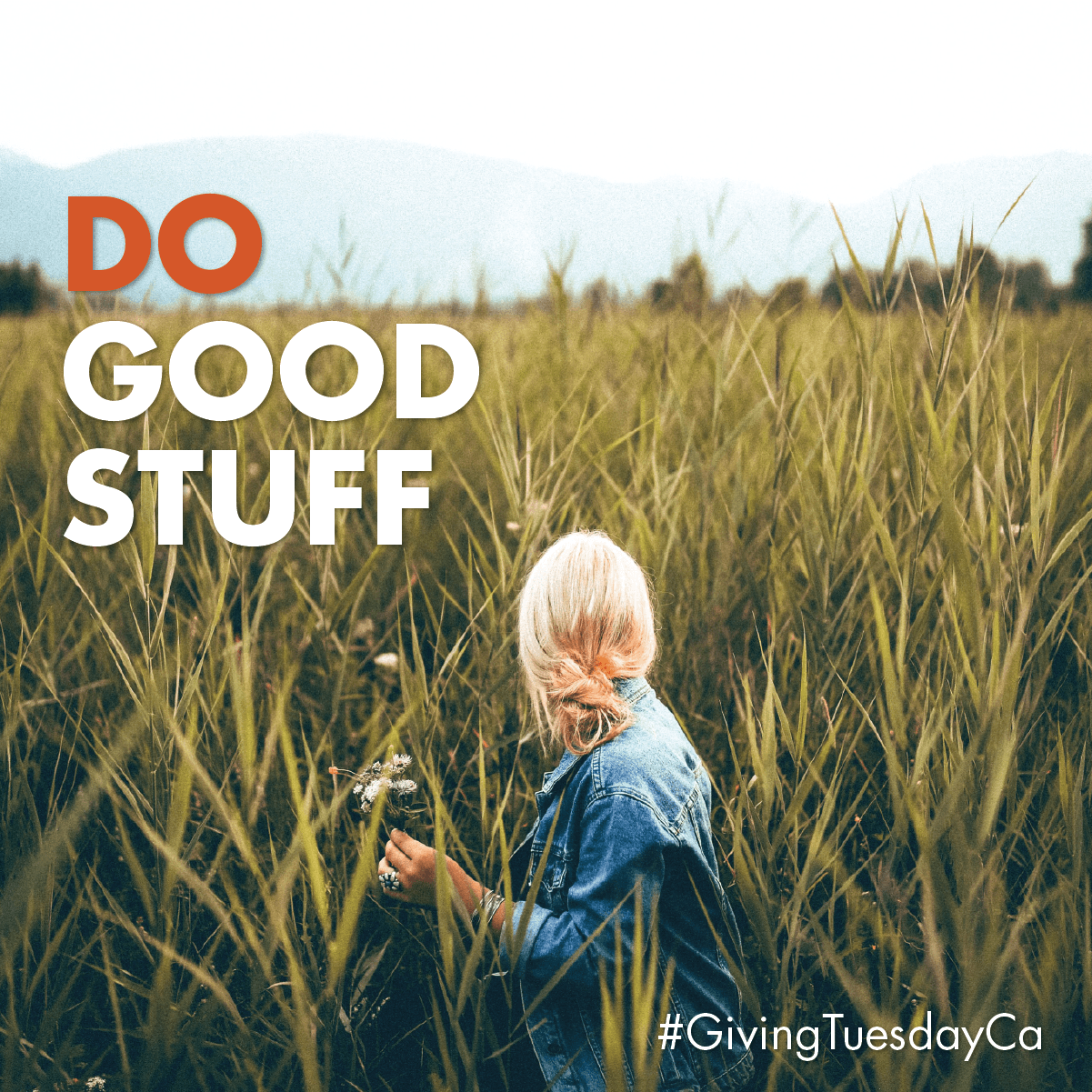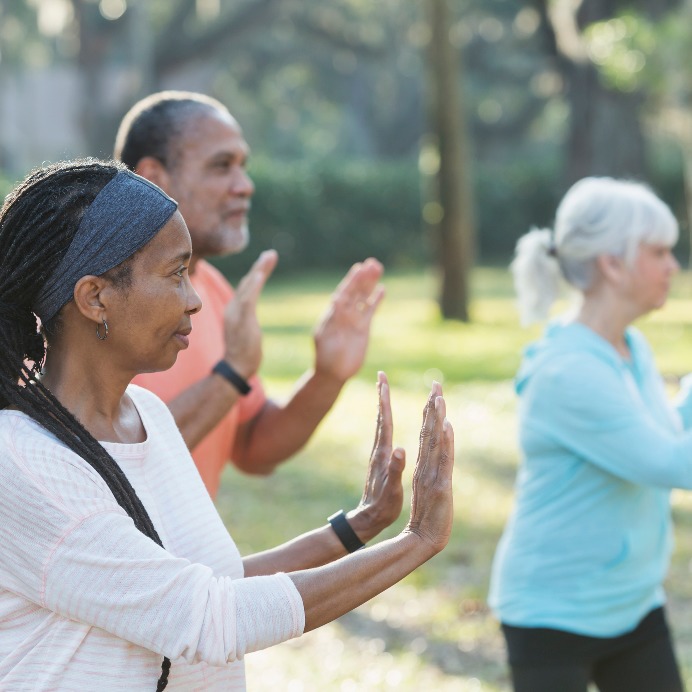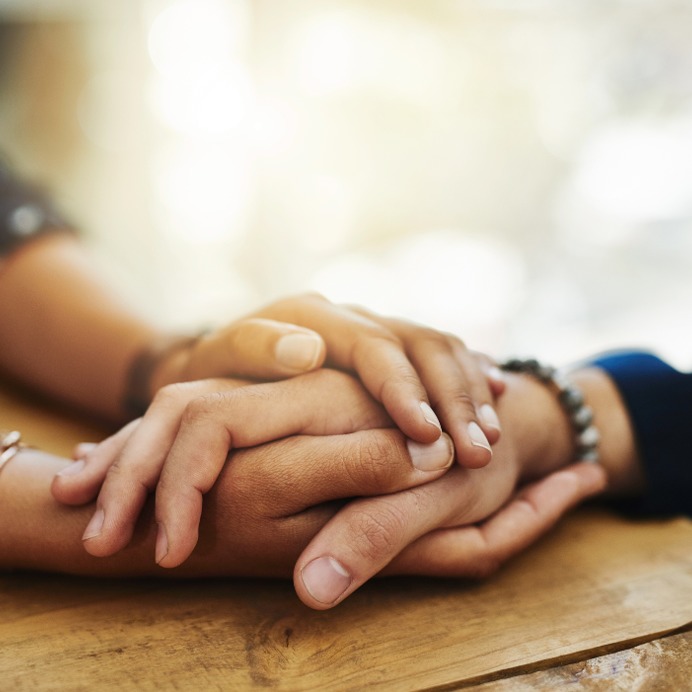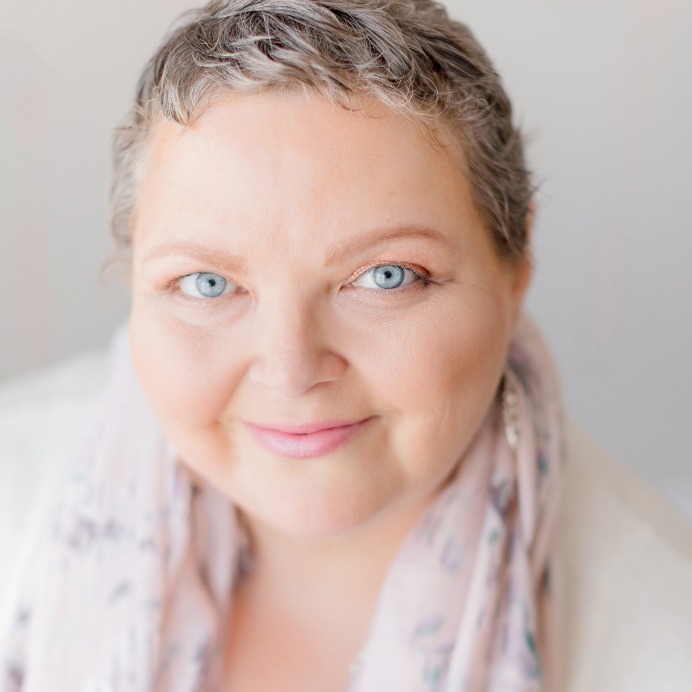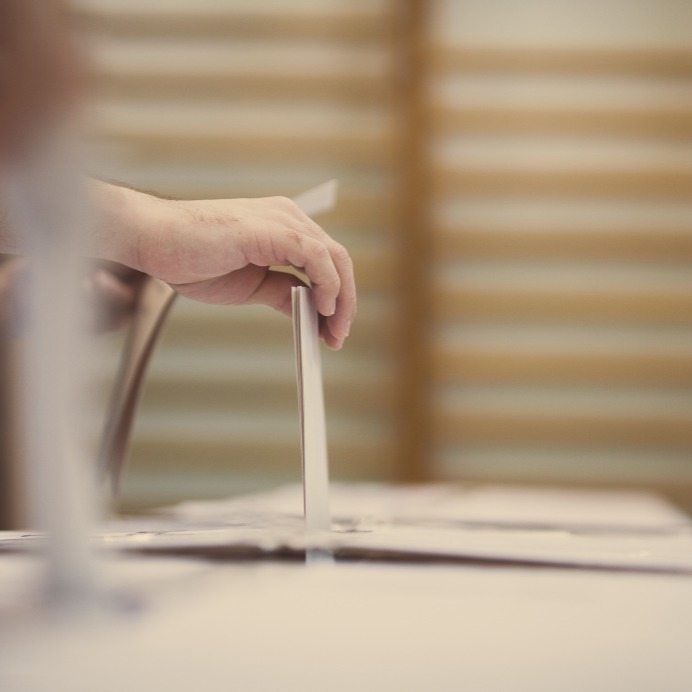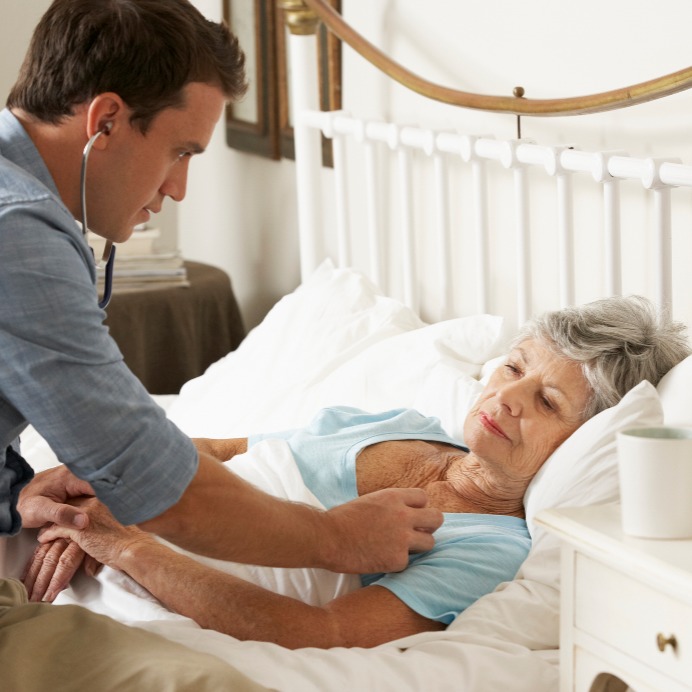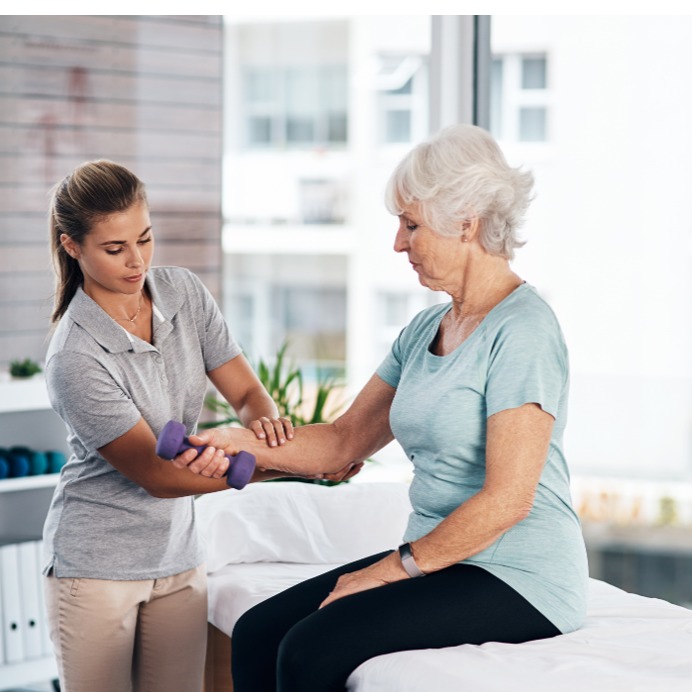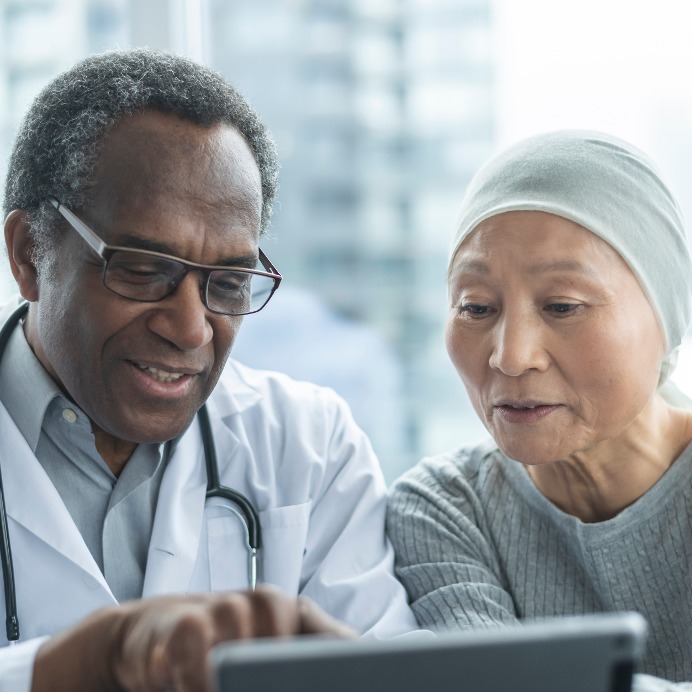By continuing to use our site, you consent to the processing of cookies, user data (location information, type and version of the OS, the type and version of the browser, the type of device and the resolution of its screen, the source of where the user came from, from which site or for what advertisement, language OS and Browser, which pages are opened and to which buttons the user presses, ip-address) for the purpose of site functioning, retargeting and statistical surveys and reviews. If you do not want your data to be processed, please leave the site.
The Voice of People With Breast Cancer
Education
Our Voices Blog
Tag : breast cancer
Taking Action this World Cancer Day
Every year on February 4th, World Cancer Day, we get the opportunity to reflect on the work we’re doing to help reduce the impact of cancer. World Cancer Day, led by the Union for International Cancer Control (UICC), has an action packed slogan: I Am and I Will. They’ve developed a set of key issues that affects us all. Here’s how CBCN is working to reduce the affects of cancer for Canadians based on these key issues:
Art and Music Therapy – how they can help you reduce stress and provide emotional support
When people think of therapy the most common therapy session that comes to mind probably includes a person sitting across from or lying down beside a therapist and talking about their feelings. But what if you can never quite find the right words to say to express yourself or talking through what you are feeling doesn’t seem to be helping? The truth is therapy comes in all shapes and sizes. People are looking for and creating new ways to help cope with the stresses in their lives.
Reducing the Risk of Hereditary Breast and Ovarian Cancer: One Woman’s Story
In October 2013, Allegra Kawa of Edmonton had surgery to remove both her breasts. She’s also considering surgery to remove her ovaries and uterus.
Talking Palliative Care Part 4: Wills, finances and advanced care directives
The topics of financial planning and preparing your will can be complicated and distressing especially at a time when you’d rather focus on your family and your wellbeing. As difficult as tackling these tasks may be, many people describe feeling relieved when they have their financial affairs in order and feel that they can more fully enjoy time with loved ones without worrying about the to-do list in the back of their minds. Today we are breaking down many of the confusing terms that come up when preparing a will and your finances for end-of-life.
Updates from the 2019 San Antonio Breast Cancer Symposium
Every year scientists, clinicians and patients from across the world gather to present and discuss the latest breast cancer research at the San Antonio Breast Cancer Symposium. We’ve gathered some highlights from 2019 conference:
Our top blogs from 2019!
It’s now 2020! How strange does that sound? 2019 was a busy and impactful year at CBCN. So, we thought we’d look back and see what blogs you, our readers, found to be the most valuable. Here’s the top 10 list of most read blogs on CBCN’s Our Voices.
My honest thoughts about book The Complete Lymphedema Management and Nutrition Guide
I remember the shock I experienced when I learned about lymphedema, a chronic condition with no cure that I would be dealing with the rest of my life. I was at a high risk for it as I had stage III Inflammatory Breast Cancer and I had all lymph nodes removed from my left arm pit. Twenty-five rounds of radiation to my chest and upper back also put me at a greater risk.
Biosimilars for Cancer: Recent updates to patient treatments
Over the last few years CBCN has been working to educate patients, physicians and the broader cancer advocacy community about biosimilar therapies. From our curated digital magazine on biosimilars to our recently released white paper Breast Cancer & Biosimilars: Recommendations on Use, Implementation and Patient Communications-CBCN is committed to raising awareness about the use of biosimilar therapies for treating breast cancer.
How your donations help support those who need it the most
It’s that time of year again! Yesterday you took advantage of all the amazing Cyber Monday deals, gearing up for the holidays and enjoying this festive season with the ones you love. It’s also the time of year where many people start to think about giving to others in need. Since today is Giving Tuesday, we wanted to give you a glimpse into the resources your donations to CBCN help support.
Tai Chi vs Qigong: What’s the difference?
Tai chi and qigong have long been popular in the cancer community to help with the effects of the disease. This week we look at these two forms of Chinese therapy, their similarities, differences and benefits.
Talking Palliative Care Part 3: Grief - Living with Loss
Life is about change and every change brings loss with it. Whenever we lose something or someone that we value, we grieve. We grieve for the past – for how things were—and we may not be able to imagine our future. Although it may not be welcome, grief can help us to find ways to live with -- and even grow from -- our losses.
Research Highlights from the European Society for Medical Oncology 2019 Conference
CBCN had the opportunity to join researchers, clinicians, manufacturers and other patients at this annual European conference to learn the latest insights and findings in cancer research. Here’s the research that we found most interesting as breast cancer patients:
The High Cost of Cancer
Living in a remote community like Labrador City, NL comes with its own challenges. We have one grocery store with very high prices, gas is $1.34/L, and we lack normal everyday amenities such as movie theatres and night clubs. Traveling out of Labrador means a very expensive plane ticket or driving 7-14 hours (depending on which direction you choose) on a partially paved highway that has often been called a cow path in some sections. The most critical challenge, however, is access to adequate healthcare. I experienced this firsthand when I was diagnosed with cancer.
Why should where you live determine your quality of care? Our new campaign highlights the differences in access to treatments for mBC across Canada
Did you know that accessing treatments for stage IV metastatic breast cancer (mBC) is not universal across Canada? We live in a country that promotes universal health care to all but accessing cancer treatment varies by each province.
A Palpable Mass
So, we could begin like all meeting group sessions do:
— Hi, hello. My name is Rebecca, I'm 37 and I have breast cancer.
— Hello Rebecca.
We could. Yeah.
Pharmacare 2019: Where do Canada’s federal parties stand on a national drug access plan?
Timely access to medications is a key concern for any breast cancer patient, but drug access in Canada has long been a minefield to navigate. Inequitable access to medications across provinces, drug shortages and long wait times to access new treatments are just some of the issues patients and their families routinely encounter in their quest for treatment. National Pharmacare-a plan to reimburse prescription medications in a similar fashion as our healthcare system-has often been proposed as a solution to many of the drug access issues that Canadians currently experience. While Pharmacare has been debated nationally for a long time, it is only recently that the idea has gained real traction and momentum.
Lived experience sets research priorities for breast reconstruction
According to breast cancer survivor Cathy Hemeon of Mount Pearl, Newfoundland, “Breast cancer patients offer up the best lived experiences and advice in terms of what the priorities should be for research.” Cathy, a CBCN board member, was therefore very pleased to participate in a national meeting that brought together Canadian patients, caregivers, and clinicians to set the top 10 priorities for research on post-mastectomy breast reconstruction.
Talking Palliative Care Part 2: Choosing your care
We can all agree that when it comes to making end of life decisions, comfort is one of the most important considerations. Comfort can mean different things to everyone. Staying at home for as long as possible or until death may be preferred by some people while others may feel more comfortable in a facility. If you’re unsure of what will make you most comfortable here are some things to consider.
Physical therapy vs Occupational therapy: What’s the difference?
Rehabilitation is an important aspect when recovering from or living well with breast cancer. Physical therapy (PT) and occupational therapy (OT) are terms we often hear when discussing rehabilitation, but we can sometimes confuse their true meanings.
Talking Palliative Care Part 1: Symptom management and getting the most out of your palliative care team
The thing to know about palliative care is that you don’t actually need to be at end of life to get the benefits of it. Palliative care is about getting the best quality of life while living with a life-limiting diagnosis. Symptom management and maintaining your emotional well-being are key aspects in palliative care treatment.

